RETRO – Released on September 13, 1993, Mortal Kombat remains as popular as ever, having changed the course of action gaming with its visceral, hyper-realistic graphics and compelling fighting mechanics. But what’s the secret to its enduring appeal, and how did it earn its iconic status? As the latest installment, Mortal Kombat 1, hits store shelves, we invite you on a nostalgic journey through the Mortal Kombat universe.
Every once in a while, a game comes along that leaves such an indelible mark on both the industry and its audience that its influence is felt for decades to come. Mortal Kombat is just such a game. On the occasion of its 30th anniversary, we delve into the compelling history of this legendary fighting game, evoking a sense of sweet – and bloody – nostalgia in many.
Beyond the screen and deep into the pixels – Mortal Kombat’s pioneering technology and gameplay
Every great creation begins with a spark, and the story of Mortal Kombat began simply but significantly in the basement of Midway Games’ founding visionaries. Ed Boon and John Tobias, the masterminds behind the game, wanted nothing less than to disrupt the gaming industry with revolutionary innovations. Although originally conceived as a game featuring Jean-Claude Van Damme, this concept was quickly shelved to pave the way for a completely original creation that would revolutionize the fighting game genre.
In terms of gameplay, one of Mortal Kombat’s most groundbreaking innovations was the introduction of “fatality” moves, which allowed players to not only defeat their opponents, but to literally execute them in an exceptionally brutal and bloody manner. The feature instantly became legendary, and for good reason: the moves shocked many and sparked debates about the game’s moral implications.
Digitizing Real Martial Artists – A Technological Tour de Force
But perhaps even more significant is Mortal Kombat’s pioneering use of technology. The movements of the characters were digitized from real martial artists, actors, and actresses at a time when this was far from commonplace. This technology, known as “digitized graphics,” allowed the game to present characters with strikingly realistic movements and appearances.
Considering the technological limitations of the time, this was nothing short of revolutionary and contributed greatly to the game’s staggering popularity. The gruesome scenes, combined with lifelike animation, took the depiction of violence in video games to a whole new level. This, in turn, played a pivotal role in Mortal Kombat’s lasting impact on both the industry and public opinion.
As such, Mortal Kombat was not only shocking and novel for its content, but also for the transformative technology that made it possible. The brutal, blood-soaked action sequences combined with innovative graphical solutions to create a game that instantly achieved cult status and sparked countless debates and regulatory actions within the industry. “It has begun…” – to quote the movie – and that beginning has left an indelible mark on the history of gaming.
On the road to regulation – Mortal Kombat and the video game industry
Mortal Kombat caused a scandal that deeply divided not only the video game industry but also society. The game’s bloody, violent scenes were shocking in the early 1990s, and the shock did not go unnoticed in the media or the political arena.
The game’s violence and gore provoked such strong reactions that serious ethical and moral concerns were raised. In some countries, politicians and censors were so alarmed by the game’s impact that its sale was restricted or even banned. Mortal Kombat has generated so much controversy and anger that it has even been taken up by Congress in the United States. In 1993, Senators Joseph Lieberman and Herb Kohl held a hearing on video game violence, with Mortal Kombat as one of the main topics.
The scandal was such that the gory scenes in the original game were removed from the Nintendo SNES version and replaced with a “less gory” version. The removal of the violent content was not enough to calm the heated tempers, and as a direct result of Mortal Kombat, the Entertainment Software Rating Board (ESRB) was born, which has been involved in the rating of video games ever since.
Scandalous Origins, Founding the ESRB – A Regulatory Milestone
The game faced stringent regulations not just in the United States but in other countries as well. In Germany, Mortal Kombat found itself on the notorious “index,” effectively banning its advertisement and open sale. In the United Kingdom, the game was strictly adult-only and carried a significant age rating, flagging its violent content.
Mortal Kombat wasn’t just a game; it was a landmark in the history of video game regulation. Ironically, this highly controversial title led to the creation of one of the industry’s most important and comprehensive regulatory bodies, the ESRB. To this day, the ESRB shapes the video game market, ensuring consumers are adequately informed about a game’s content. People have debated it for years, but one fact remains indisputable: Mortal Kombat has permanently altered the landscape of the gaming industry.
The Legacy – 30 Years Strong, Reimagined for a New Era
Mortal Kombat is more than just a game—it has spawned an entire culture, an expansive franchise. Over three decades, this universe has generated multiple films, animated series, comic books, and action figures. The evolution hasn’t stopped; just yesterday, the latest installment, “Mortal Kombat 1,” was released. Seen as a sort of reboot, it recaptures the original game’s electrifying sensation while refreshing it with contemporary technology and narrative.
But the franchise’s impact goes beyond its plethora of products; it transcends generations. Recent entries have even featured iconic figures from other realms, such as DC Comics heroes and film legends like Freddy Krueger and Jason Voorhees. This continual innovation and expansion ensure Mortal Kombat stays at the cultural forefront. New generations continually discover it, and the community continues to grow and thrive. It’s a franchise that has not only stood the test of time but has evolved, adapted, and thereby continues to captivate the world. Originating from a basement, Mortal Kombat now plays a starring role in global media and remains deeply ingrained in the annals of both video games and popular culture.
-BadSector-

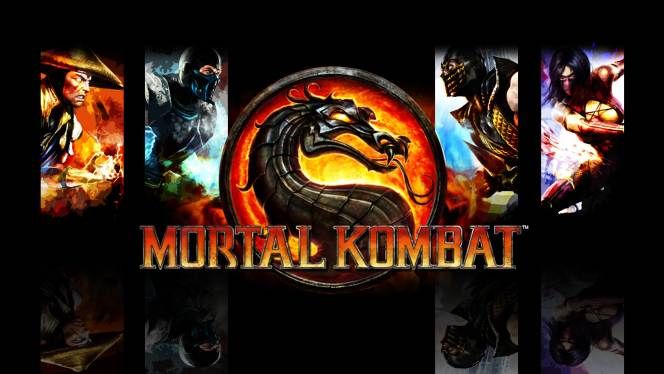
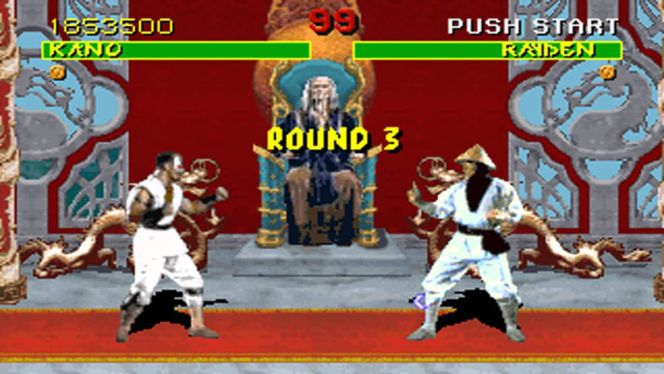
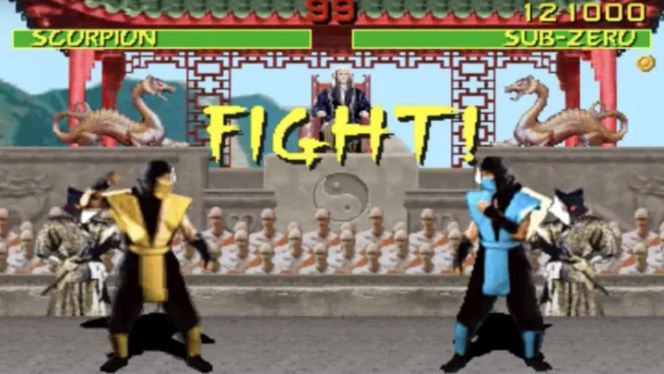
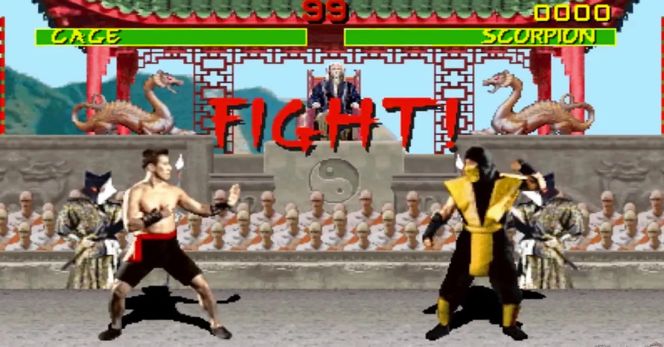
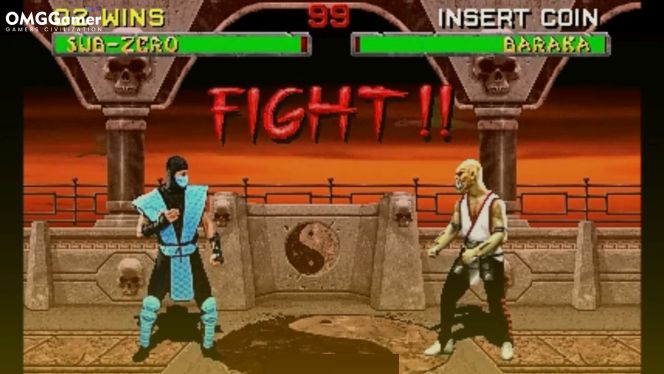
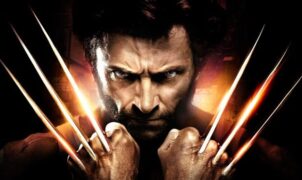
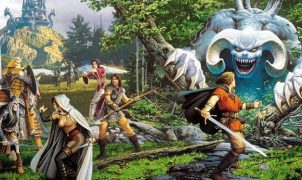

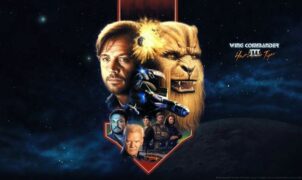
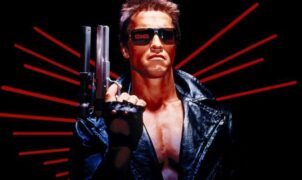

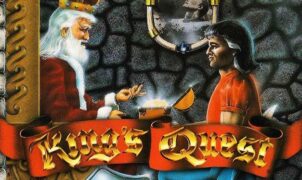
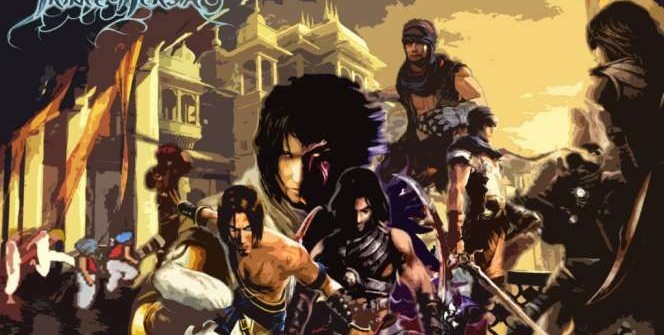

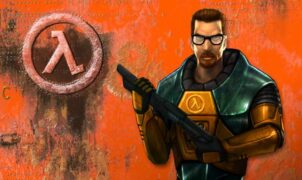
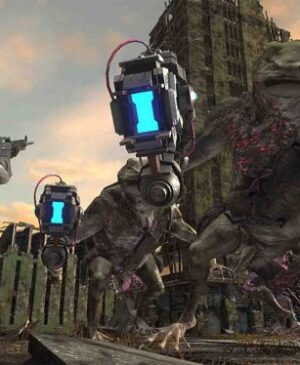

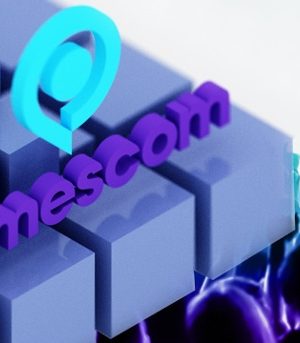

Leave a Reply